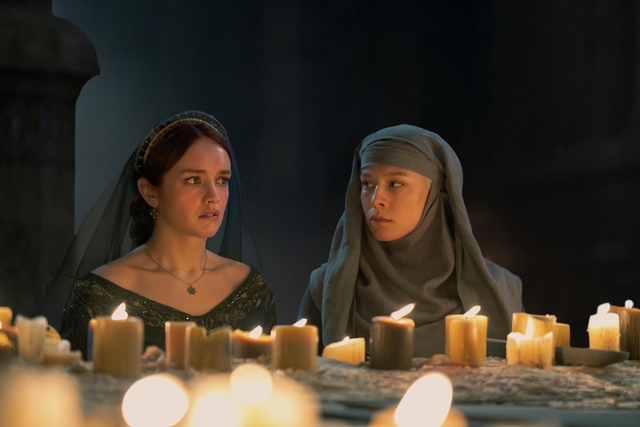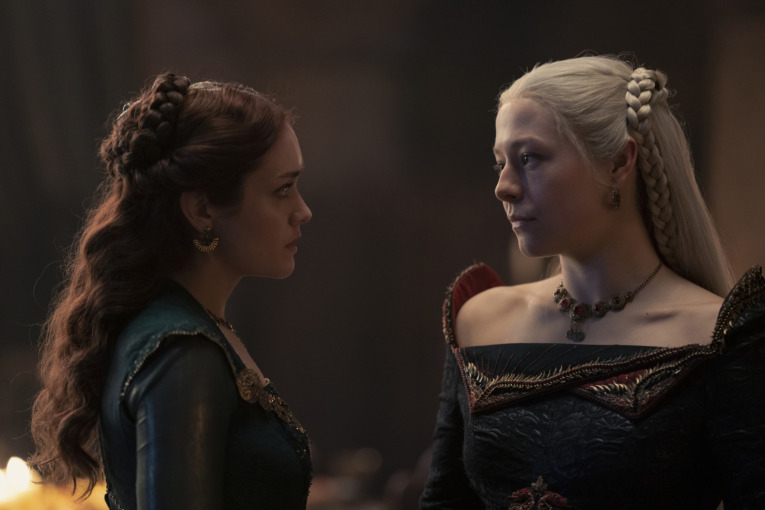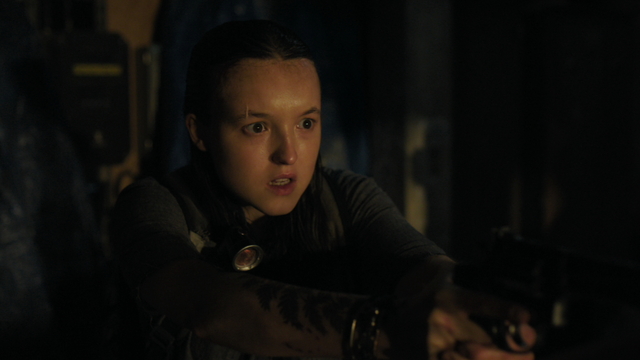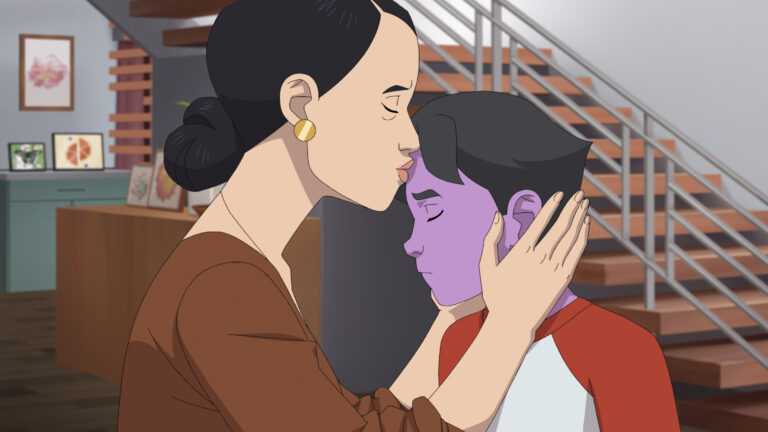Podcast: Play in new window | Download (Duration: 54:49 — 53.6MB) | Embed
Subscribe: Apple Podcasts | Spotify | Android | iHeartRadio | RSS
This episode of Lady Comic Book History features Alexandrea Callaghan and Maria (@mariawatcheseverything) discussing the portrayal of women in House of the Dragon, specifically Rhaenyra and Alicent.
The women of Game of Thrones and House of the Dragon provide fertile ground for analysis. The portrayal of women in media is always complex, and often when writers aim to portray something feminist or empowering, the opposite effect occurs. Today, they discuss the women of House of the Dragon, specifically Rhaenyra and Alicent, whose portrayals have sparked considerable debate online regarding the show’s feminist credentials.
They analyze the show’s handling of these characters, comparing it to the book source material, and express their disappointment with the reductive nature of the storyline. They also touch on broader topics like the representation of women in media and the impact of the writers’ strike on the show’s quality.
Face off of Alicent Vs Rhaenyra in House of The Dragon
We kicked off the discussion by analyzing the season’s marketing. Every poster and press tour interview pushed by HBO centered on Alicent versus Rhaenyra, encouraging the audience to pick sides. This deliberate decision by the marketing team to pit the women against each other ignored the fact that this war is about succession, primarily between Rhaenyra and Aegon.

We then addressed the simplification of both women’s characters. The show seemed to adopt a very specific, and ultimately limiting, angle in its second season: women equate to peace, and men equate to war. This portrayal lacked nuance and failed to grant the female characters any real agency or driving motivations. Ironically, a majority of the season centered around Rhaenyra and Alicent attempting to achieve peace while the men around them waged and encouraged war.
Rhaenyra and Alicent’s relationship
Furthermore, we discussed the creative team’s handling of Rhaenyra and Alicent’s relationship. It serves as a prime example of how female relationships are often poorly portrayed in media. The decision to age Alicent down, seemingly without a clear plan, further contributed to the issue. Their relationship’s lack of depth resulted in hollow and shallow scenes in season two, which, by this point in the story, felt illogical.

Ultimately, House of the Dragon feels like a fanfiction version of Fire and Blood. The characters are nearly unrecognizable from their source material, making it difficult to maintain audience connection. This is reflected in the viewership numbers: Season 1 averaged 29 million viewers, whereas Season 2 averaged 25 million. This decline in quality is evident to both book fans and newcomers alike.
Show Notes:
- The hosts discuss the missed opportunity to explore the complexities of female relationships and the dangers of misogyny in power dynamics.
- They analyze the watering down of Rhaenyra’s character and the mishandling of Alicent’s character arc, expressing their disappointment with the show’s deviation from the books.
- Alexandrea Callaghan and Maria (@mariawatcheseverything) touch on the impact of the writers’ strike on the show’s quality, arguing that it doesn’t fully excuse the show’s shortcomings.
- They discuss the broader issue of the portrayal of women in media, citing examples of other shows that have failed to represent women in a nuanced and empowering way.
- The hosts express their disappointment with the show’s handling of the prophecy and the missed opportunity to explore Helaena’s character more fully.
- They also touch on the topic of the deletion of media, specifically shows run by women, from streaming services.
- The episode ends with a call to action for listeners to follow the hosts on social media and support shows with strong female representation.
Overall, the episode provides a critical analysis of House of the Dragon, highlighting its shortcomings in the portrayal of women and the overall narrative. The hosts’ insights offer a valuable perspective on the show and its place within the larger landscape of media representation.









One thought on “Lady Comic Book History: Alicent Vs Rhaenyra”